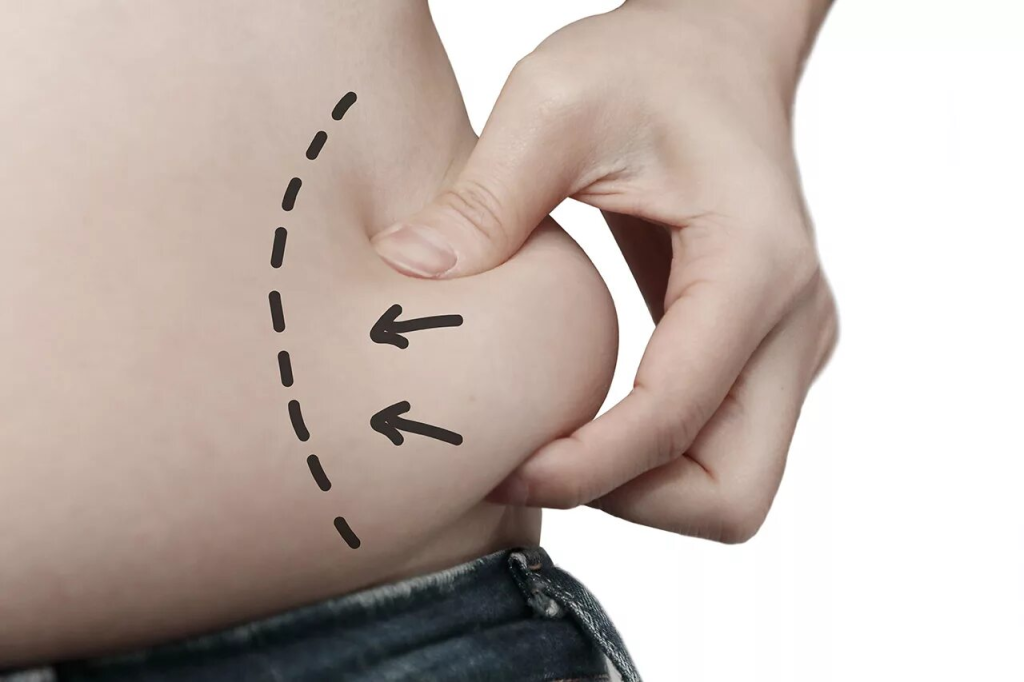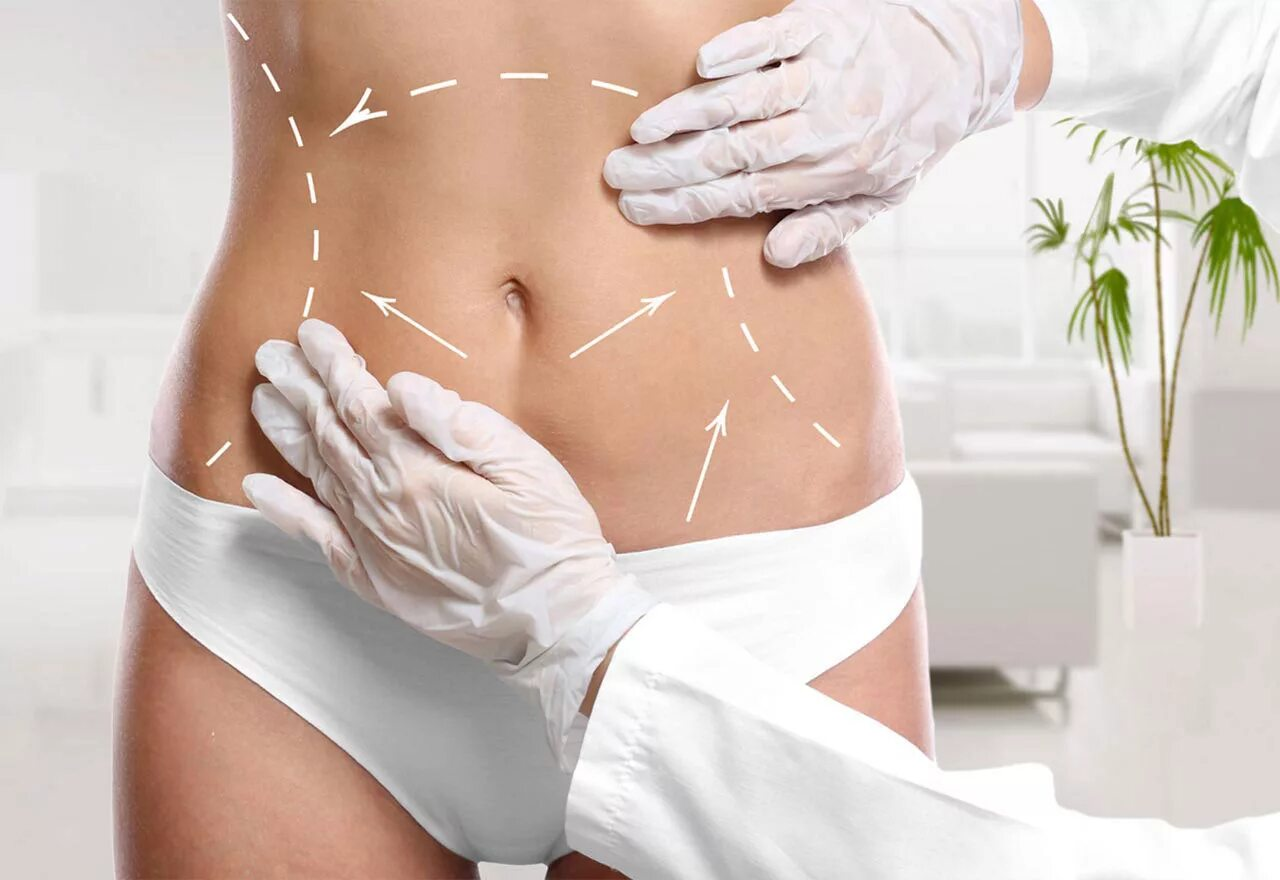Liposuction weight loss : a surgical technique called liposuction removes fat from particular body parts. Despite the possibility of some weight reduction, it is not regarded as a weight loss technique.
The goal of liposuction is to target and eliminate fat deposits like love handles or a double chin that are difficult to lose through nutrition and exercise. It does not take the place of healthy eating practices or consistent exercise, which are crucial for long-term weight management and general health.
It’s crucial to remember that liposuction is not a secure or efficient method for rapid weight loss. People who are already at or close to their ideal weight and want to target particular areas of concern are typically advised to have the procedure.
In order to prevent gaining the weight that was removed after liposuction, it is also imperative to keep a healthy lifestyle. Before deciding on liposuction or any other weight loss procedure, it’s critical to have reasonable expectations and to discuss any worries with a licensed healthcare expert. You can do so by contacting us at Mediranco and share your concerns.
Table of Contents
ToggleHow much can be lost by liposuction?
The body type of the patient, the amount of excess fat present, and the surgeon’s ability and technique all affect how much fat can be removed during liposuction.
Liposuction is a body contouring treatment that targets particular body parts where fat has gathered rather than aiding in weight loss. Instead of aiming for a specific quantity of weight loss, the objective is to remove just enough fat to improve the shape and contour of the treated area.
Typically, 5 to 6 liters of fat can be securely removed during a liposuction procedure (11-13 pounds). Nevertheless, based on each individual instance, the amount of fat removed may be less. It’s crucial to remember that complications can become more likely if too much fat is removed during a single liposuction treatment.
A healthy lifestyle must be maintained in order to avoid new fat cells from forming in the treated areas after liposuction, despite the fact that it can remove existing ones. As a result, it’s crucial to have reasonable goals and to think of liposuction as a tool to improve body contouring rather than as a way to significantly reduce weight. We will tell you more about this at the consultation session that you’ll have at Mediranco, prior to your process.
What is the best surgery for weight loss?

In general, bariatric surgery, also known as weight loss surgery, is regarded as the most successful surgical choice for significant and long-lasting weight loss in obese people. Gastric bypass, sleeve gastrectomy, adjustable gastric banding, and biliopancreatic diversion with duodenal switch are just a few of the diverse operations that make up bariatric surgery.
The precise course of action will be advised based on the patient’s health state, body mass index (BMI), and other variables. Reduced stomach size, a cap on the amount of food that can be ingested, and in some cases, changes to the digestive system are how bariatric surgery works.
Numerous studies have demonstrated that bariatric surgery can result in substantial weight loss, improvements in obesity-related conditions like type 2 diabetes and high blood pressure, as well as an overall improved quality of life. Bariatric surgery is a significant procedure, and there are some risks associated with it, including the need for lifelong post-operative care and possible complications.
It’s crucial to discuss the risks and benefits of any type of weight loss surgery with a licensed healthcare provider and to undergo a thorough assessment to ascertain whether bariatric surgery is the best course of action for you.
So, liposuction or bariatric surgery?
The objectives and results of liposuction and bariatric surgery are very distinct.
For people with a body mass index (BMI) of 40 or greater, or a BMI of 35 to 39.9 with obesity-related health issues like diabetes, high blood pressure, or sleep apnea, bariatric surgery is a weight loss procedure that is advised. By reducing the size of the stomach or changing the digestive system, bariatric surgery is intended to assist patients in losing a significant quantity of weight.
In contrast, liposuction is a cosmetic process used to get rid of pockets of stubborn fat from particular body parts, like the arms, thighs, hips, and abdomen. Liposuction is more of a body-contouring treatment than a weight loss technique.
It’s crucial to understand that bariatric surgery and liposuction serve distinct purposes and cannot be used interchangeably. While liposuction is a cosmetic process that can improve body contouring by removing specific pockets of fat, bariatric surgery is a major procedure that can result in substantial and long-lasting weight loss.
The choice to have liposuction or bariatric surgery should be based on the patient’s unique needs and objectives and should be discussed with a licensed healthcare provider.
Can you gain weight back after liposuction?
The answer is yes, it is possible to put on weight again after liposuction, especially if a healthy lifestyle is not kept.
Liposuction removes fat cells from particular body parts, but it does not stop the residual fat cells from enlarging if a person consumes too many calories or doesn’t exercise frequently. This means that the contouring impact of the treatment could be lost if a person gains weight after having liposuction because the remaining fat cells in the treated areas will swell.
As a result, it’s critical to continue with a healthy diet and exercise routine after liposuction to prevent putting the weight back on. Liposuction should not be considered a weight reduction method, but rather a tool to improve body contouring and assist in achieving particular aesthetic objectives.
To ensure proper healing and lower the risk of complications, it’s also crucial to adhere to the aftercare guidelines given by your Mediranco physician. After the procedure, keeping up with routine follow-up visits with the surgeon can support you in maintaining a healthy lifestyle and help you track your progress.
who is the good candidate for liposuction?
People who have localized fat deposits in certain areas of their bodies that are resistant to diet and exercise may find liposuction to be an effective treatment. Not everyone, however, qualifies for the operation. The ideal liposuction candidate usually satisfies the following requirements:
- In excellent general health: The candidate must be healthy overall and free of any conditions that might raise the risk of complications during or following the procedure.
- Liposuction is not a weight reduction technique, and it is not advised for people who are notably overweight or obese, even if they are close to their ideal body weight. Candidates should have a body mass index (BMI) of 30 or less and be at or near their optimal weight.
- Have firm, elastic skin: The candidate’s skin should be elastic enough to allow for appropriate skin retraction after fat is removed. Candidates for liposuction may not be those with drooping, loose skin.
- Realistic expectations are crucial if you want the procedure to produce the desired outcomes. Liposuction can improve body contouring and certain body parts’ appearance, but it won’t significantly reduce weight or entirely change how the body looks.
- Liposuction is not a replacement for a wholesome lifestyle, which you are committed to upholding. To prevent regaining the fat that was removed, candidates should be dedicated to continuing a healthy diet and exercise routine after the operation.
It’s crucial to keep in mind that every person’s circumstances are particular, and only a trained healthcare professional can decide whether liposuction is a good choice. If liposuction is necessary, a consultation with a board-certified plastic surgeon can assist as well as offer specialized advice and direction. You can contact Mediranco 24/7 to get more info regarding your concerns.

